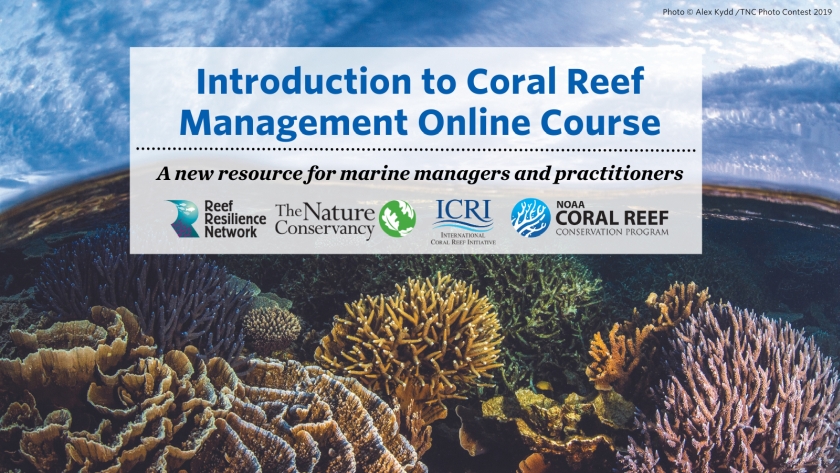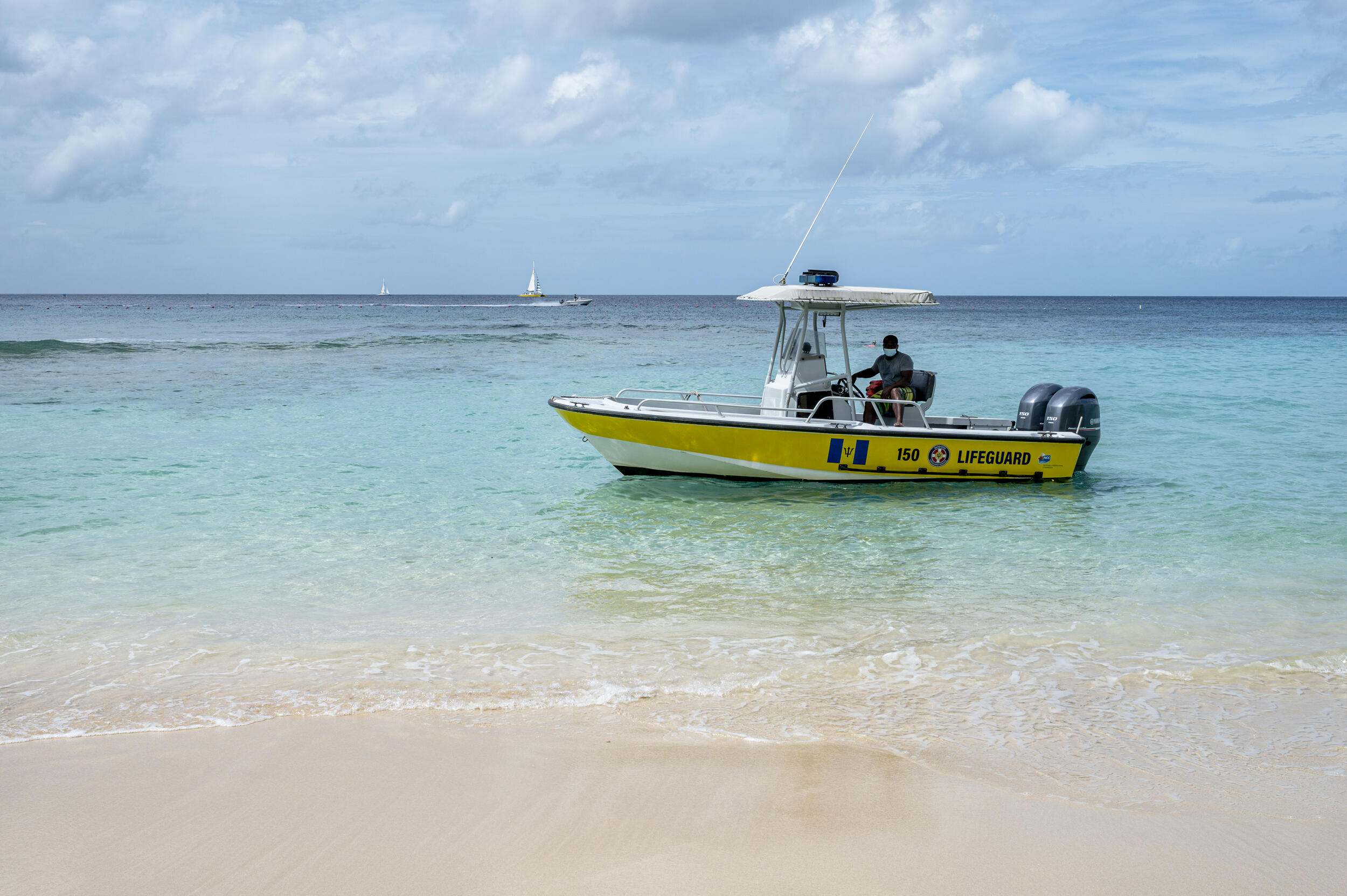This study explores monitoring the benthic community to approximate land-based pollution in the Lagos lagoon. The coast along Lagos lagoon is highly populated and has substantial industrial activity. The resulting land-based pollution negatively impacts the adjacent marine environment and this research explores the ecosystem’s response to pollution by monitoring benthic organisms. Benthic macroinvertebrates have high tolerance for pollution and can be used as indicators of water quality and aquatic conditions. Benthic microorganisms are one way contaminants enter the food web, reaching higher trophic species. This study sampled 6 locations throughout the lagoon to determine water quality, nutrient concentrations, and BOD. Sediment samples were taken to sort and classify benthic organisms. The results indicated that the dominant benthic macroinvertebrates were gastropods, and that seasonality and proximity to pollution discharges influence benthic communities, with pollution-tolerant Tympanotonus fuscatus accounting for nearly 70% of sampled species. Another species, Pachymelania aurita, was found in abundance at the cleanest site sampled (furthest from discharge) and was not present in most of the other sampling sites, signifying the species’ sensitivity to pollution. These results confirm that monitoring benthic macroinvertebrates can provide useful insight about localized contamination and water quality. In addition, biomonitoring can be conducted more easily and more affordably than in-depth chemical analysis of water samples, and therefore offers an accessible monitoring tool for practitioners.
Authors: Nkwoji, J.A., S.I. Ugbana, and M.Y. Ina-Salwany
Year: 2020
View Full Article
Scientific African 7. doi:10.1016/j.sciaf.2019.e00220


